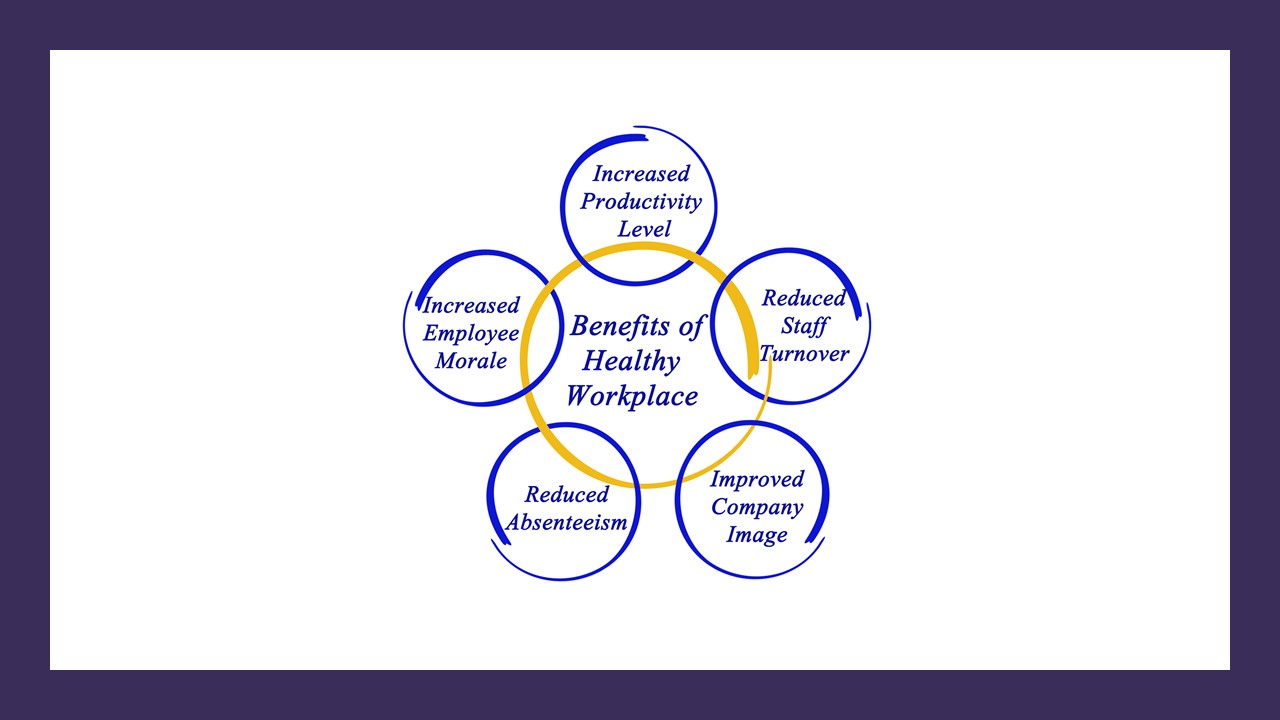 “The Stress Epidemic at Work” and “Is Work Killing You?” are just two examples of recent publications reflecting growing concern over an emerging challenge that impacts both employee well being and corporate profitability. Fortune, Forbes, Huffington Post and the Globe & Mail are all talking about the adverse impact of stress in the workplace. If stress is an issue in your work environment, it’s likely your company or institution is being adversely impacted by the “Knowledge Worker Syndrome.”
“The Stress Epidemic at Work” and “Is Work Killing You?” are just two examples of recent publications reflecting growing concern over an emerging challenge that impacts both employee well being and corporate profitability. Fortune, Forbes, Huffington Post and the Globe & Mail are all talking about the adverse impact of stress in the workplace. If stress is an issue in your work environment, it’s likely your company or institution is being adversely impacted by the “Knowledge Worker Syndrome.”
Changing Workplace is Making Employees Sick
Technology has dramatically raised productivity through automation, but it has also meant that employees have had to adapt to a more rapidly changing work environment with new ways of doing business and sources of stress. Knowledge workers of all types are increasingly working with technology that:
- reduces direct human contact,
- consumes large portions of their day,
- establishes new time pressures, and
- eliminates the need to physically move for large portions of the day.
This removal from our historical roots as mobile, social animals that thrived on human contact and looked after one another through extended family units (tribes) is contributing to increased workforce illness, lost productivity and reduced ability to adapt.
Employees suffering from the Knowledge Worker Syndrome generally work with telecommunications, computers and other related technology to complete their work, have low levels of daily physical activity (they are sitting most of the day), are experiencing negative stress in their lives, and are not doing well on important aspects of their personal well-being:
- Career (sense of purpose)
- Health (mental and physical)
- Financial security (personal financial affairs in balance)
- Social support (personal relationships and sense of community at home and work)
Healthy Work Culture Increases Profit
The international polling organization, Gallup, has studied variables influencing individual well being and their implications to both people and their workplaces, for over 50 years in over 150 countries. They have statistically linked the importance of individual resilience (health) and general well-being to employee engagement, productivity and the ability to effectively manage stress.
There is clear evidence that internalized stress that is not effectively dealt with contributes to illness. The long term organizational risks are substantial when you consider that about 1/3 of the typical workforce is either pre-diabetic or diabetic. The incidence of depression, auto immune illnesses (such as rheumatoid arthritis), cancer and heart and other chronic disease are growing. The two most expensive sources of prescription drug expenditures for 31 to 40-year old’s in Canada according to the health and dental provider, Green Shield, were for autoimmune disease (arthritis etc.) at 13.9% and depression at 9.8%.
Unmanaged stress can impact employees at all levels adversely affecting their decision process and management capabilities. Corporate decision making adversely impacted by the knowledge worker syndrome contributes to poor management practices, reduced workplace moral, lower employee engagement and lost productivity.
Actively addressing this emerging challenge is the best strategy for many organizations to stabilize and drive down health benefit costs, while at the same time improving work force resilience, productivity and corporate profit. According to extensive research completed by the Gallup organization, an active 60-year-old’s who has learned to look after themselves in terms of personal well being will on average have lower healthcare costs and be more productive than an inactive 30-year-old who scores poorly on key factors of well being.
Health Risk Assessment First Step to Solving Knowledge Worker Syndrome and Building a More Profitable Work Place
Before embarking on any programs to drive new profit through a healthier work culture, you should understand and define specific organizational risks and goals (with associated time frame) that you would like to accomplish. This can best be accomplished by completing a Health Risk Assessment that should survey employees, analyze available benefits data, review demographic generational differences, assess workforce needs, consider corporate culture and incorporate comparative bench-marking. A well-structured program will provide valuable feedback leading to actionable recommendations with minimal organizational disruption.
Key Components for a Successful Knowledge Worker Health Program
It takes time to impact corporate culture and positively alter peoples’ behaviour. This requires staged targeted programs (based upon the Health Risk Assessment) that directly impact employees within the workplace over an extended period. Passively providing information will not alter behaviour.
Programs best succeed with:
- A reasonable (but not necessarily large)commitment of resources, management commitment and support
- An action plan with programs that vary over time to sustain interest and build engagement
- Individual program champions within the organization
- Regular employee communication to increase awareness and sense of community
- Performance monitoring with HR and benefit plan metrics to support ROI calculations
- Ongoing monitoring and feedback loop to revise and tailor program
It makes sense to get the most out of your corporate pool of knowledge and experience. Properly structured programs help build strong leadership, employee engagement and actively encourage (through the collective impact of work place culture) better individual decision making about personal well being. This protects and maximizes the value of the pool of experience built within your organization. A more active, engaged workforce at all levels improves not only direct health costs, but positively impacts overall productivity.
